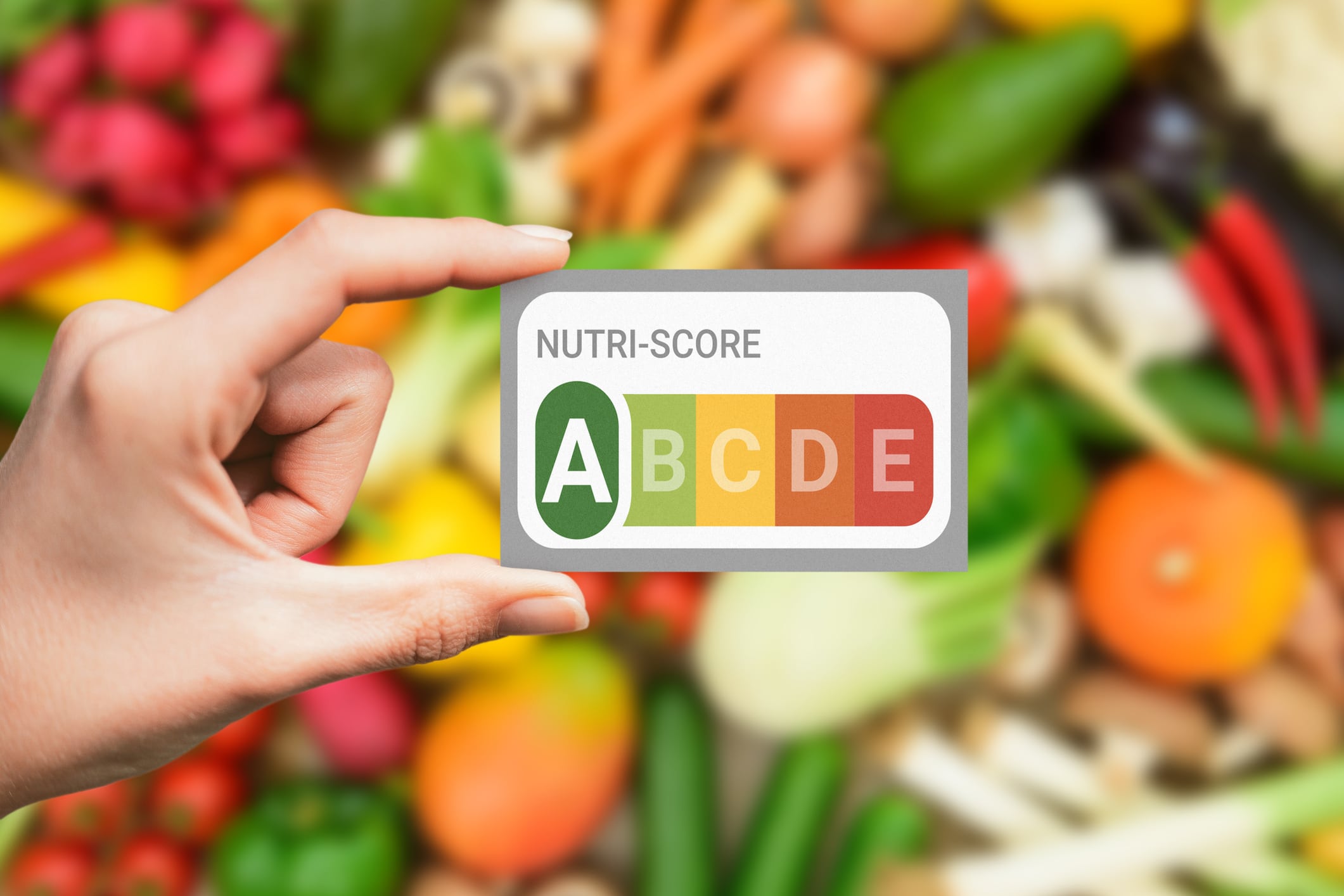Despite the European Commission’s (EC) lack of commitment towards the Nutri-score front-of-pack labelling scheme, big brands including Lidl and Nestlé remain loyal.
Nutri-score’s future was upended earlier this month when an EC spokesperson refused to confirm whether the Commission would enforce a mandatory rollout of the system or not.
Since, tremors of shock and concern have reverberated across the bloc as industry and governments attempt to grapple with future plans.
Is Nutri-score mandatory?
While the EC may choose not to enforce the rollout of Nutri-score, it can still be used by Member States, brands and businesses on a voluntary basis.
As one of the first adopters of Nutri-score in 2019, Nestlé still believes the system is essential in its efforts to promote healthy eating among its shoppers, even after controversial algorithm changes that turned some businesses, such as Danone, off.
“In June 2024, we announced our decision to endorse the new Nutri-Score algorithm to support consumers in making healthier choices,” a spokesperson said.
“We continue to call for a harmonised EU solution that will enable a scheme that is predictable and transparent for consumers, and that ensures a level playing field for business operators,” the spokesperson continued.
Though Nestlé is making positive noises about Nutri-score, it did not comment om whether it would continue using the scheme should the EC admit to shelving a mandatory rollout.
Multinational German discounter Lidl is in the same camp and is not only in favour of the Nutri-score scheme, but is committed to expanding it to more products across its estate in the future.
Again, Lidl did not specify whether it would continue to use the scheme if the EC does eventually announce a U-turn on a mandatory rollout.
Which brands want Nutri-score?
Companies also contacted for comment included Aldi, which did not respond, and PepsiCo, who declined to comment.
While being widespread in a range of EU countries, including the Netherlands, France, Spain, Portugal, Switzerland, Belgium, Luxembourg and Germany, Nutri-Score remains controversial.
Much of the opposition comes from Italy, which claims that the labelling scheme is discriminatory towards its traditional diet. The country has its own front-of-pack labelling scheme, the NutrInform Battery.
Academics have more recently attacked the scheme, with some labelling it as ’scientifically flawed’ due to its scoring system, that can favour products with a low energy density.
For example, a soda could be given a better score than an olive oil, as the system weights calorie counts.




